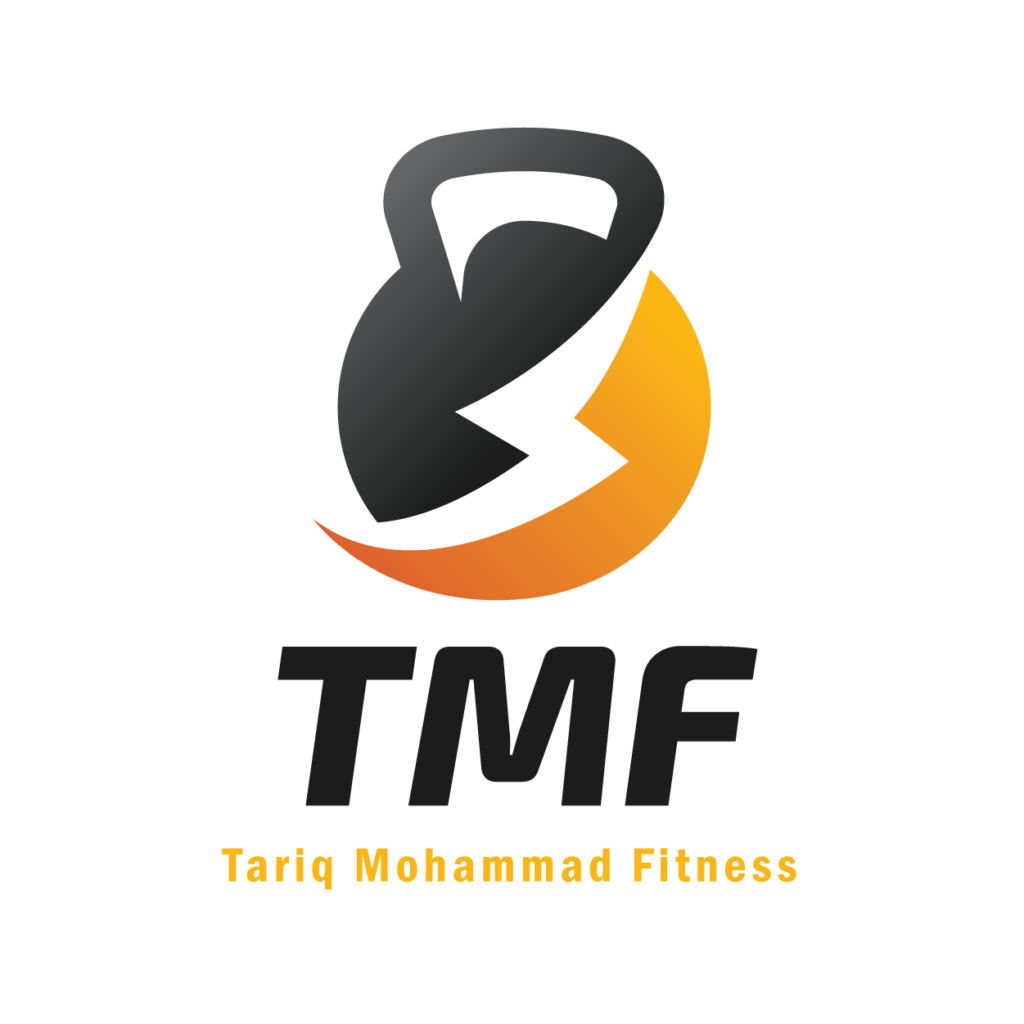Yes I do offer a free trial session so that you can better understand my style of coaching and perhaps even get some of your doubts cleared.
Yes. I do accept payment via Google Pay, Bank transfer or via PayPal.
A great diet for a client to successfully lose weight would be a diet with a slight calorie deficit so they can maintain a healthy rate of weight loss on a regular basis, it would be well-balanced when it comes to the macronutrients Protein/Fat/Carbs, it would have an abundance of nutrient dense whole foods 90% of the time, and it would fit that person’s lifestyle and schedule well enough to not cause any unnecessary stress.
most importantly it would be sustainable in the long run!
Many people start a “Diet Plan” and I ask them, “Do you see yourself being able to stick with this for the next year or longer?”
Most of the time the answer is NO
So my response is simple, “What is the point? And what will you do after?”
That’s why when I coach clients we focus on an “Eating Plan” that they believe in and they’re confident that they can stick to in the long run AND that will produce better performance and results.
Quantified Nutrition, a calorie deficit diet and resistance training is the way to go.
Many of us know the equation for fat or weight loss is to burn more calories and eat fewer calories, A.K.A. daily calorie deficit.
counting calories can give us awareness of how much we’re actually eating and will also provide accountability.
Many people unknowingly think they are eating in a deficit because they just eye ball the quantities. The simple equation to lose fat is eat less than what you burn. And this is where exactly where people go wrong. There are many fitness apps which gives you the Calorie content of all food items which can be used in your fat loss journey.
Many questions come our way about Nutrient Timing, or when should I eat what.
The more studies are being done and published the more we’re realizing that nutrient timing isn’t as serious as we once thought.
weight loss is a simple equation of creating a calorie deficit at the end of each day.
Secondly, we’re realizing that protein synthesis and glycogen replenishment post workout is extended much further than the “1 Hour Post Workout Window”, so no need to run to your protein shake right away.
I do suggest clients eat after a good workout, specifically a whole food meal containing 1-2 handfuls of protein and carbs. But you have more than enough time.
the breakfast dilemma. With all the studies done on intermittent fasting, I believe it’s safe to say that skipping breakfast will not kill you or cause your bicep to fall off either.
If you love breakfast, eat it! If you’re not hungry and would rather wait til lunch to eat, then do that!
It all comes down to your schedule, your lifestyle, and what you feel works best to keep stress the lowest, satisfaction with your food the highest, and sustainability at its best.
The only time I ever consider or worry about nutrient timing is when it comes down to specific performances like getting on stage or timing peak energy levels for athletic sport or performance.
If body composition and generally getting leaner is your goal, nutrient timing doesn’t need to be at the top of your list.
